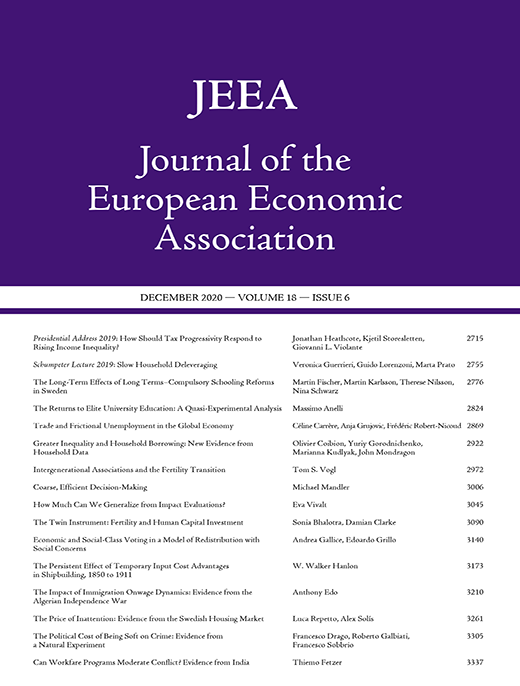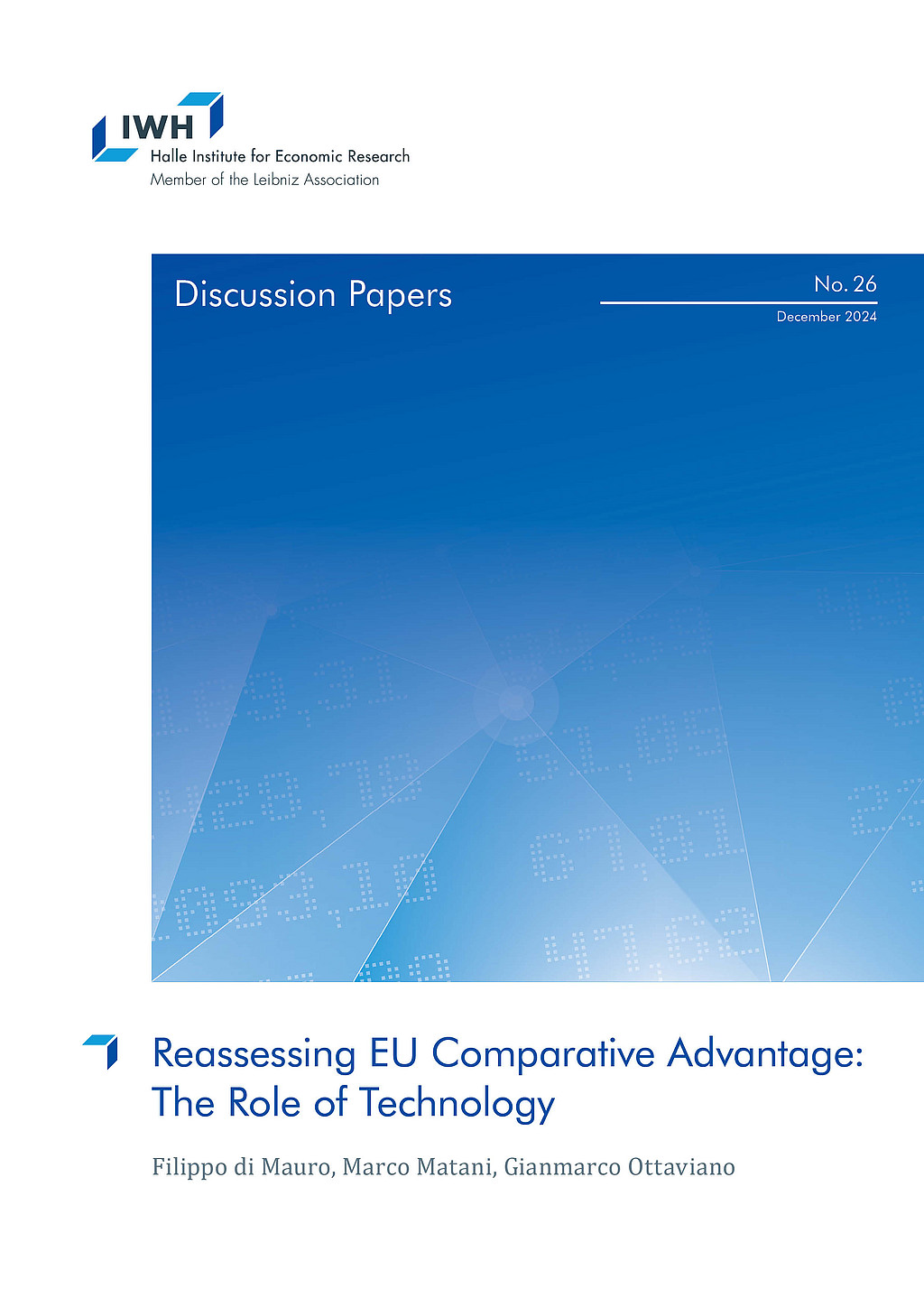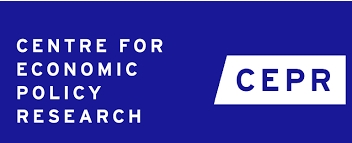Professor Filippo di Mauro, PhD
Current Position
since 1/25
Economist at the Centre for Business and Productivity Dynamics (IWH-CBPD)
Halle Institute for Economic Research (IWH) - Member of the Leibniz Association
since 01/12
Chairman
The Competitiveness Research Network (CompNet)
Research Interests
- productivity reallocation
- resource reallocation
Filippo di Mauro joined the institute in 2019 as chairman of CompNet and the Centre for Business and Productivity Dynamics (IWH-CBPD) in January 2025. His present research focuses on productivity and resource reallocation using firm level data and modelling global linkages, including global value chains.
An economics graduate of University of Rome, Filippo di Mauro holds an MA and a PhD in Economics, from the University of Chicago and the American University, respectively.








